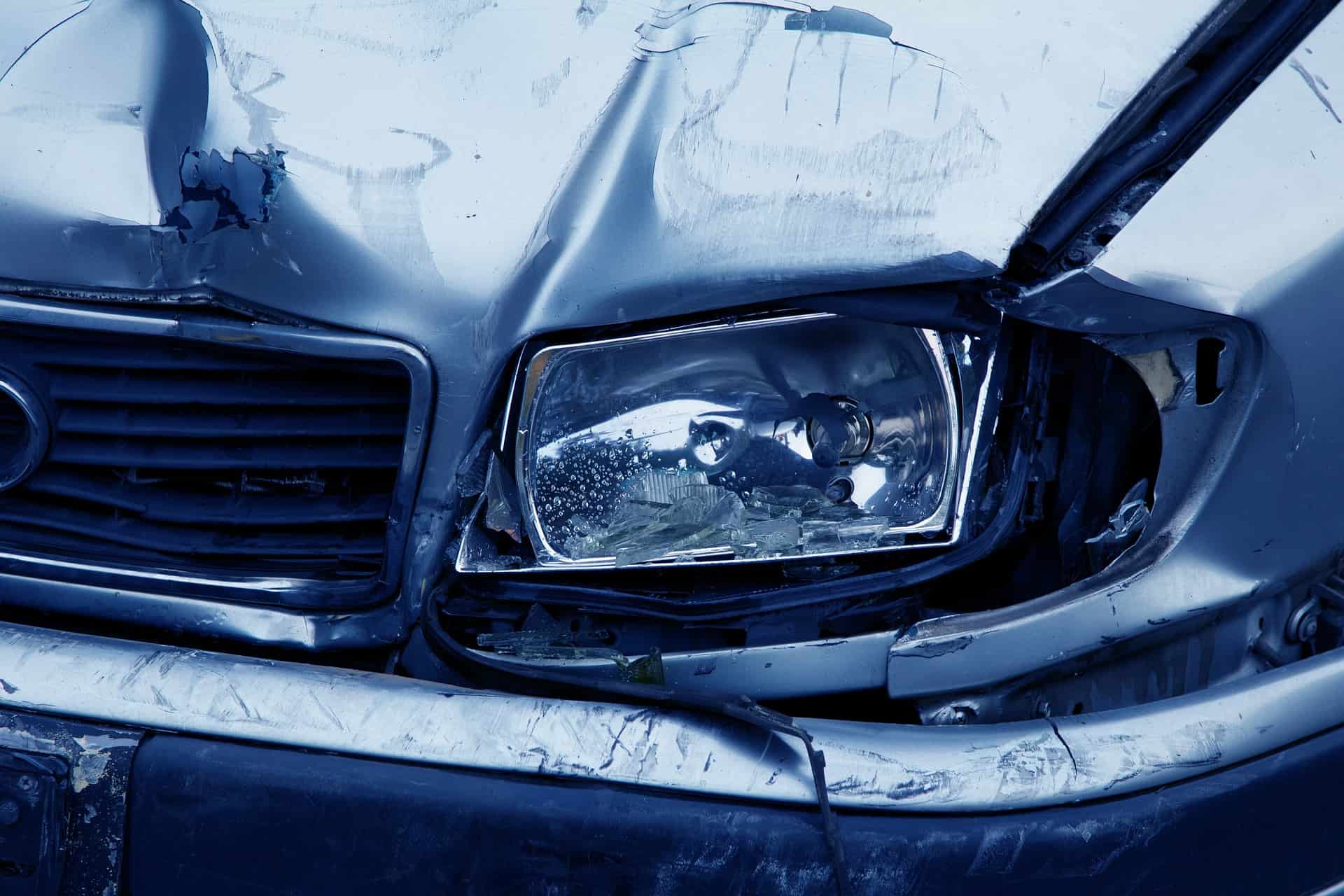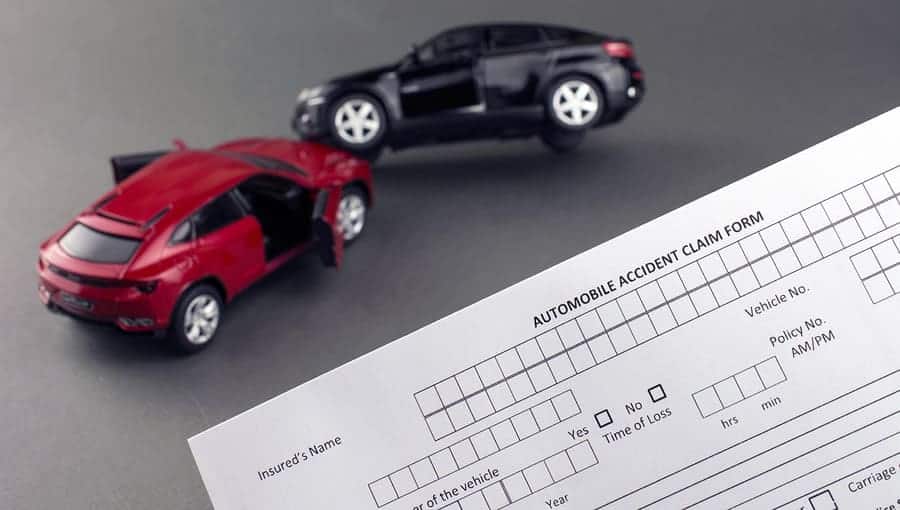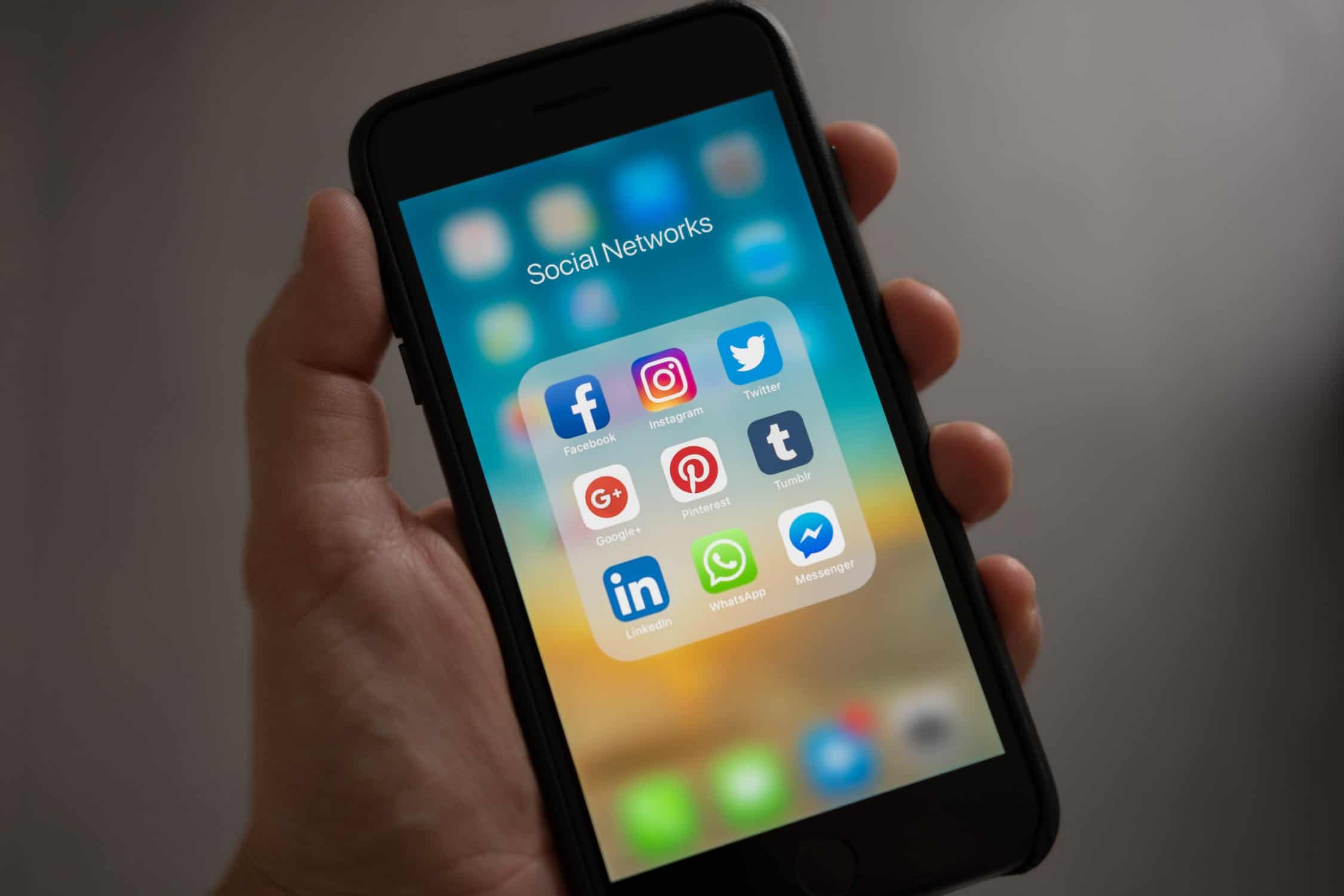Within just a few years, smartphones have completely changed the way we communicate. According to a 2021 Pew Research Study, 97% of Americans now own a cell phone of some sort. With the tap of a few buttons, we can quickly and easily share our thoughts on the morning news, what we ate for breakfast or photos of our outfit of the day. This kind of instant connection with our friends, family and colleagues has plenty of benefits and more than a few drawbacks. Unfortunately, though, it isn’t until something has gone wrong that we truly understand the weight of the negative impacts.
Find out the maximum compensation you could receive.
You share your vacation photos and thoughts about the book your reading on social media, so of course it’s your gut instinct to share major life events online, too. Sharing photos and news about a car accident you were in may like a good idea, but the choice to update everyone you know about your accident can backfire. Keep reading to learn why your social media posts could negatively impact your car accident settlement and how to avoid these common pitfalls.
Social Media Mistakes To Avoid After A Car Accident
We’re all so used to sharing our lives online that we rarely stop to think about how the information could be used against us. In personal injury claims, it has become standard to scour the social media accounts of everyone involved. What are attorneys and insurance companies looking for? Anything to use against you as evidence that you’re not as injured as you claim, or that you’re not as emotionally impacted by the incident as you first said you were.
While you might not think a selfie by the pool is incriminating, if it was posted the day after an accident, the insurance company could use it as evidence that you’re not as shaken up by the collision as you claimed to be. While there’s nothing inherently wrong with being happy after an accident, lawyers and insurance companies will use anything they can to get out of paying what they owe.
Even seemingly innocent posts about completing a 5k run or kayaking on vacation can be used against you. If you were hurt in a wreck and are looking for compensation for your medical bills, anything referencing physical activity could be fodder for the insurance company to use as evidence that you’re not really injured. Does a broken arm necessarily prevent you from participating in a 5k walk to promote breast cancer awareness? Probably not, but anything that could be construed as proof that you’re not injured should be kept off social media.
What Not to Do
If the idea that your social media is being scrutinized by people you don’t know troubles you, you may need further insight on what not to do online following your accident. In many cases, your first instinct might be to delete your profiles altogether, but that tops the list of what not to do following an accident. Consider how deleting your online presence looks to investigators: you’ll likely come off as trying to hide something, which only encourages them to dig deeper into your personal life. Instead, take a break from social media while you’re sorting out your car accident claim. This should extend to your presence on your friends’ feeds, too. Ask them not to post any photos of you or tag you in posts mentioning your presence at events or activities. In short, minimize your appearance online across your profiles and the profiles of your friends.
If you opt not to take a complete break from social media, resist the urge to post about the accident altogether. While you may see your social media accounts as your way to stay connected with friends and family and loop them in on your major life changes, writing publicly about your experiences may come back to haunt you in court. Statements made online can be used as admissions and used to argue against your claims. For example, if you mention online that you were distracted by the radio at the time of the wreck, the defense could argue that you contributed to the accident by your negligence.
Even if you’re careful not to post about the accident on Facebook or Twitter, your presence on review sites like Yelp could be scrutinized by investigators. A review of a go-kart track a week after your wreck could cast doubt on the severity of your injuries, and reviews of a restaurant that mentions celebrating a friend’s birthday could be used as evidence that you’re not as emotionally impacted by your collision as you said you were.
Legal Guidance for Accident Victims
In short, anything you say or do online can and will be used against you after an accident. By avoiding posting in the weeks and months after a collision, you can avoid sabotaging your well-deserved car accident settlement. If you’re confused about your online presence and are eager to mitigate the damage done on social media, consider reaching out to an attorney for a free consultation.

Katherine (Kat) Sterret is an experienced content writer and strategist with a wide range of interests and skills. A dedicated mom of two, lover of books and horses and general wearer of many hats, Kat’s skills have added a lot to the lawsuitinfocenter.com team.



